|
|
|
|
Shortly about us
Martiria is an epic/doom metal
rock band formed back in the '80s and re-founded (after
a long pause) in 2002. Seven album published (last one R-Evolution, with ex Black Sabbath Vinny Appice - 2014).
The band was formed back in the '80s. At the beginning the
band was very much oriented towards Doom/Metal sounds such
as: early Candlemass and Black Sabbath. After releasing
just a few demos and featuring various musicians, in 1998
the members of the group decide to take a break for a while
in order to experience different projects. (continue) |
|
News and LIVE shows
Uh... it seems we have none planned right
now.
Why
don't you invite is in your local club?
mrc@martiria.com
(Booking info & more)
|

Info
& booking
info@martiria.com
|
Tsushima
(Menarini - Capelli)
from the album R-EVOLUTION
(2014)
|
Japanese-Russian war ends de facto with Tsushima battle (24th,25th of May 1905). Russian fleet outnumbered the Japanese one but it was constituted mainly by obsolete vessels and it was commanded by arrogant officers that systematically under valuated the enemy. Moreover, Russian sailors had very little technical skills and were constantly close to rebellion, due to the hard discipline they were subjected to.
In Tsushima, the Russian fleet was almost annihilated by the Japanese, under the command of Admiral Togo Heihachirō.
Russia suffered 45’000 casualties, Japan less than 200 and no Japanese ship sank during the battle.
After the signature of Portsmouth Threat, Russia refused to take back its own prisoners, they were suspected both of mutiny and rebellion and to have been infected by revolutionary ideas, the same ideas that were rapidly spreading throughout the whole country and that would have soon lead to Battleship Potemkin uprising (1905) and October Revolution (1917).
So, the Russian soldiers were abandoned by Japanese army along the newly built Transiberian railroad.
Moscow was somewhere, six thousand kilometers away. Without food, without weapons, without hope the prisoners began to walk silently along the frozen railroad. |
|
|
Admiral Togo stands on the deck.
He has two swords,
wears a white kimono,
a long scarf
around his neck.
Admiral Togo looks around,
he does not speak.
Flames green and blue (1)
through (the) morning hue
We walk slowly in loosy rows,
broken boots digging the snow.
Blinding sun through frozen tears,
fall on your knees, forget your fears.
I should have stopped at Nossi-bé. (2)
Dark girl, speak to me…
Seven months of verminous food (3)
on a rusty clad,
Mother Russia, my Tzar
this was not a war,
you booked me a date with Death.
Let me sleep, let me go,
I’ve killed, I’ve died.
Can’t believe I loved snow,
When I was a child.
(This) rail never ends,
Saint Petersburg shines
on the other end.
Calm down,
don’t fight.
Lay on the ground,
don’t fear the night.
(But when and where?)
(Menarini - Capelli 2014) |
|
 |
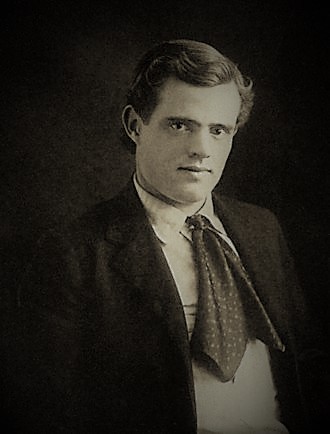 Jack London in 1903
Jack London in 1903 |
The Japanese-Russian war, despite being conducted in a pre-mediatic era, was followed by an exceptional cronist: Jack London. World wide famous writer (White fang, The call of the Wind, Martin Eden are probably his most famous works), Jack London (1876-1916) was also (or mainly) one of the greatest on field journalist ever, he was, indeed, in Klondike during the Gold Rush (1896-1900) in Mexico with Pancho Villa (1878-1923) (see our Across the Mountains for more details N.d.R.) and war correspondant for the San Francisco Examiner in 1904.
He accepted an assignment to cover the Russo-Japanese War in early 1904, arriving in Yokohama on January 25, 1904. He was arrested by Japanese authorities in Shimonoseki and released through the intervention of American ambassador Lloyd Griscom. After travelling to Korea, he was again arrested (again!) by Japanese authorities for straying too close to the border with Manchuria and was sent back to Seoul.
Released again, London was permitted to travel with the Imperial Japanese Army to the border, and to observe the Battle of the Yalu where he was arrested for a third (and last) time in four months, this time for assaulting his Japanese assistants, whom he accused of stealing the fodder for his horse.
Released through the personal intervention of President Theodore Roosevelt (1858-1919), London left the front in June 1904.
For all his life, he loved to depict himself as an alcoholic womanizer, so, when he died in 1916 (he was just forty) by an overdose of morphine, many thought about a suicide. Despite all, many of his fiction works ended the same "romantic" way, but, as usual, reality is always more prosaic. He was experiencing a severe and terribly painful renal colic, the morphine was, at the time, the only way to get some relief so, more than likely he died for the combined effect of uremia and morphine.
About his career as a womanizer... what use would have to dispell a myth older than a century?
The defeat of the Russian fleet in Tsushima had a huge impact on the European public opinion. It was the first time an European "modern" army loosed a war against an extra european civilization. Japanese could no longer be considered "savages". Of course they never had been such a thing in facts, but they were so - till 1905 - in European people's perception. Admiral Togo became so famous that, when I was young, in the seventies, children still used to say "togo" meaning "cool", without the slightest idea of the meaning or the origin of the word they were using. Actually, I was living in the Italian countryside and we would have not heard the word "cool" for another couple of decades at least...
Then, slowly, also Tsusima's memory faded away - as everything does - but, in 1978, one of the greatest italian cartoonist of all times, Bonvi (Franco Bonvicini 1941-1995), mainly famous for his anti-militaristic comic strips "Sturmtruppen" and, to me, for having been a schoolmate of my father - ok, none else would care, but I do - wrote an intense, dramatic and unforgettable graphic novel titled The man of Tsushima, probably his masterpiece.
The main character was a novelized version of Jack London, graphically depicted to resemble to Bonvi himself, who retells the wole story following the shabby and demotivated Russian Fleet during the long journey from Black Sea all around Africa to Nosy Be, till its unglorious (and still, someway glorious) end in the Tsuhima Streight.
If you can still find a copy, believe me, just buy it.
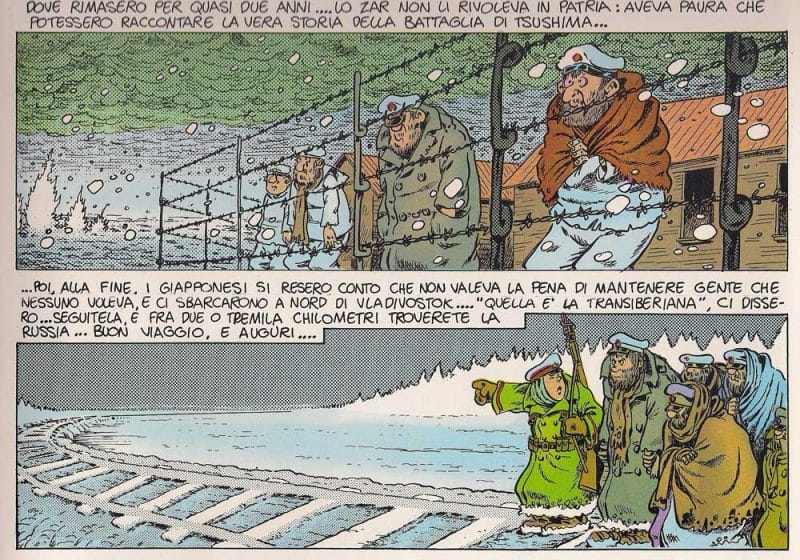
|
Notes:
1 During Tsushima battle, Japanese army used, for the first time, a new gunpowder made combining traditional shimose with a new American product. This was a complete surprise for Russians, Japanese bombs exploded on the armor plates of their ships without being able to perforate them, but the explosion was strong enough to detach them from the hull of the ships. Water so was able to enter inside the ships, slowing them down, while the high temperature gases released by the explosion produced green/blue flames that allowed the Japanese to see immediately if the shot had been successful or not and to correct the firing in real time.
2 Nosy Be [ˌnusʲ ˈbe] (also Nossi-bé) is an island located off the northwest coast of Madagascar. Nosy Be is Madagascar's largest and busiest tourist resort. It has an area of 312. Nosy Be means "big island" in the Malagasy language. The island was called Assada during the early colonial era of the seventeenth century. Nosy Be has been given several nicknames over the centuries, including "Nosy Manitra" (the scented island). During the long trip from Black Sea to Japan, Russian fleet had to reach Madagascar for supplies. Being the only French colony on the route (France was the only ally of the Zar), it was an obliged stop.
3 Food was terrible on Russian ships. Even the famous Battleship Potemkin uprising (1905) began when many enlisted men refused to eat the borscht made from rotten meat partially infested with maggots.
|
|








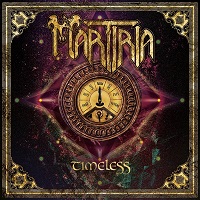

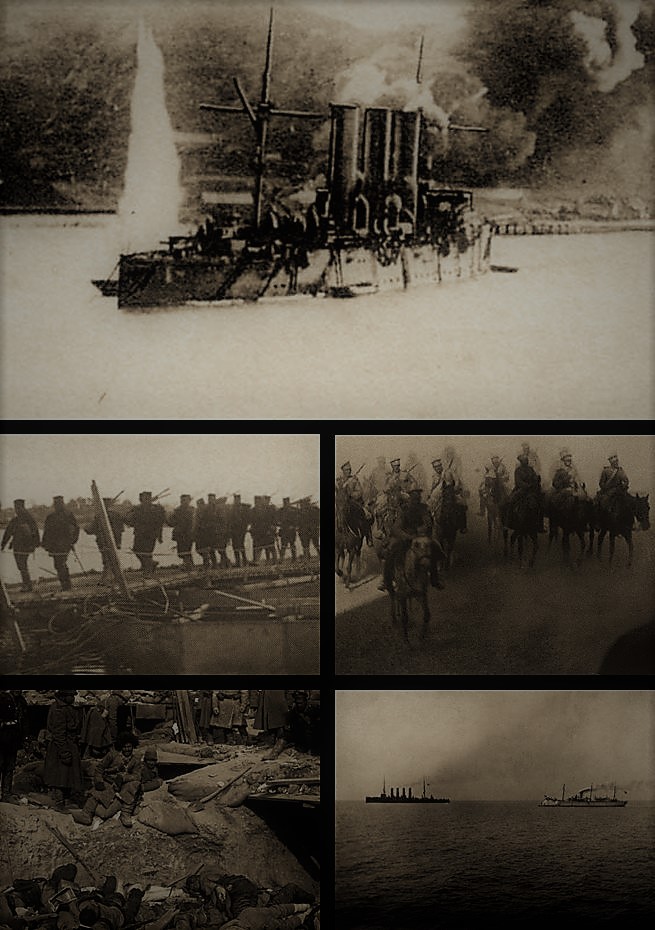


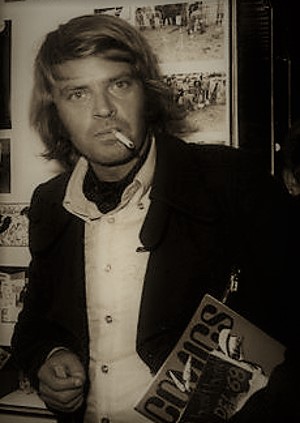
.jpg)
